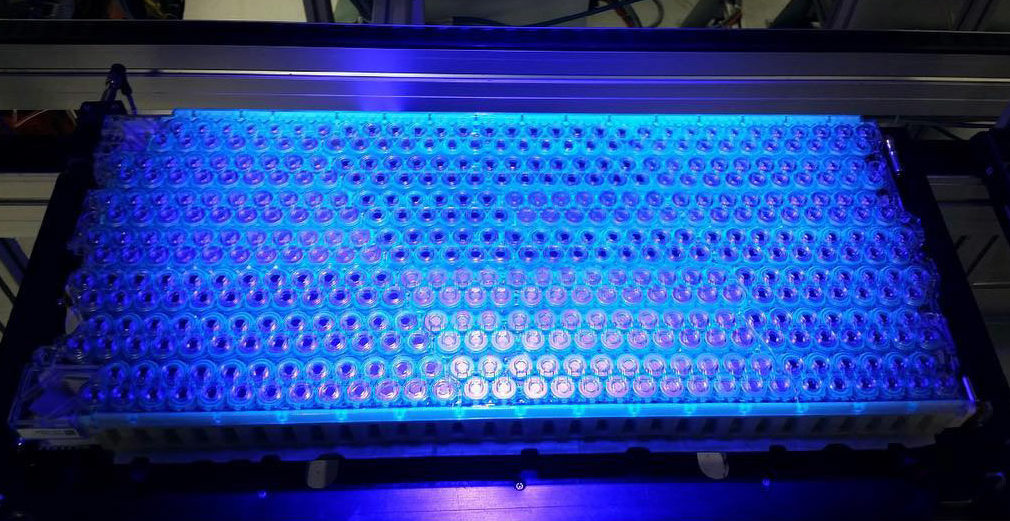
Tesla may have quietly acquired a new lithium-ion battery cell startup in CO
by Simon AlvarezRecent observations by active members of the Tesla community suggest that the electric car maker may have acquired a lithium-ion battery cell specialist startup from Louisville, Colorado. If these speculations prove accurate, Tesla may very well be on the cusp of extending its lead in the electric vehicle market further.
It is no secret that Tesla is always in the process of improving its battery cells. The company has expressed its intentions to start producing its own cells, even if it has to dip its toes in the mining business to get there. Interestingly, Tesla currently has job listings for “cell technicians” in Louisville, Colorado. The job’s requirements include, among other things, a background in electrode coating and cell assembly, suggesting that Tesla may be looking into battery innovations and cell manufacturing.
As observed by TSLA retail investor Galileo Russell of YouTube’s Hyperchange channel, Louisville, Colorado happens to be a hotbed for next-generation battery startups, and several of them are working on lithium-ion technology. Some of these, such as battery startup Forge Nano, have already received investments from automakers such as Volkswagen. But among these, a company called SilLion Inc. may very well be the perfect fit for Tesla.
SilLion is a small company that is specifically working on battery high-loading silicon anode and electrode technology for commercial cylindrical cells. The company’s tech delivers a breakthrough in high-energy batteries by simultaneously incorporating high-loaded silicon anodes, nickel-rich NMC cathodes, and a non-flammable ionic liquid electrolyte. Doing so allows batteries to be more energy-dense and safer while being cheaper to produce. Tesla, of course, just happens to be one of the few automakers that use cylindrical cells for its vehicles.
SilLion Inc. has since taken down its official website, unlike some of the other battery startups in Louisville. Some of the company’s employees, such as Research Scientist Simon Hafner, now list Tesla as an employer in their LinkedIn pages as well. SilLion co-founders Daniela Molina Piper and Tyler Evans have also listed Tesla in their interests in the professional social media platform. Looking at these, one can be compelled to speculate that Tesla may have acquired (or perhaps acqui-hired) SilLion Inc, and the electric car maker may be working on including the startup’s technology in its next-generation of batteries.
Tesla is no stranger to acquiring small companies whose work can improve the electric car maker’s innovations. Last year, Tesla used this exact same strategy with its DeepScale acquisition. DeepScale is pretty small, with a headcount of just about 40 employees, but it is working on technology that allows deep neural networks to work on smaller devices. The company’s Carver21 product, for one, was specifically designed to optimize the processing data from a full self-driving car’s forward-facing cameras. These innovations are valuable for Tesla, especially amidst the company’s push for Full Self-Driving.
Whether Tesla has indeed acquired SilLion remains to be seen. That being said, one will be hard-pressed to find a reason why technology developed by the Louisville-based battery startup will not benefit the electric car maker. Ultimately, these speculations will likely be addressed soon, when Tesla holds its highly-anticipated Battery Day.
H/T Galileo Russell